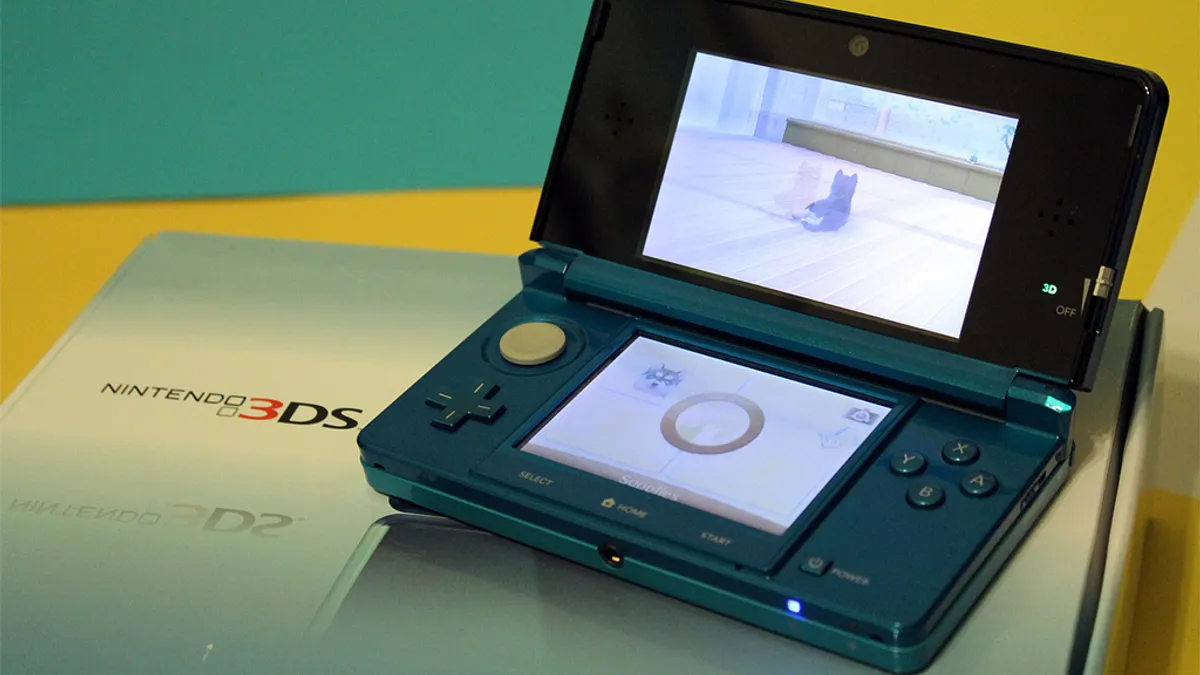Dive Brief:
- Overwhelming demand caused Nintendo to ship 2.74 million Nintendo Switch consoles by air to the U.S. and Europe in the weeks after the launch, The Wall Street Journal reported.
- The initial air shipments cost the company about $45 extra per unit, per the Journal. One month later, in April, the company continued to ship the new consoles by sea.
- While Nintendo estimates annual sales of the Switch to reach 10 million, industry analysts suggest the number is too low, and is more likely to reach 14 million or more.
Dive Insight:
The Nintendo Switch saga continues with anxious buyers seemingly playing a real-time game of solitaire, only the deck fails to refresh no matter how times you click.
At Supply Chain Dive, we've had a front-row seat to growing customer dissatisfaction as, two months later, one eager colleague has failed to procure the product. The most telling part is that the shortage appears to be a supply chain forecasting issue whose costly details are now becoming evident.
Nintendo's issues began over a year ago with lessons learned from forecasting sales from 3DS. As previously reported, the company's past three demand forecasts reveal vast revisions and seeming over-corrections. Demand far outpaced supply back then, too, and the Nintendo 3DS was nowhere to be found.
Consumers, learning from this experienced, rush to pre-order the Switch — but even with the pre-orders and history of excess demand, the Switch remains out of stock in many stores. Perhaps due to these miscalculations, Nintendo finally bit the bullet in March and expedited the 2.74 million units at an added cost of roughly $123.3 million, per data reported by the Journal.
Once again, Nintendo did everything right by the book of reactionary measures: Adjust operations to account for increased sales, get safety stock out as soon as possible, and continue to ship products for consistent demand. Yet, even with all these efforts and the over $100 million added investment, Nintendo continues to leave retail workers across the country with nothing to tell customers other than "Your Switch may be in another castle."













